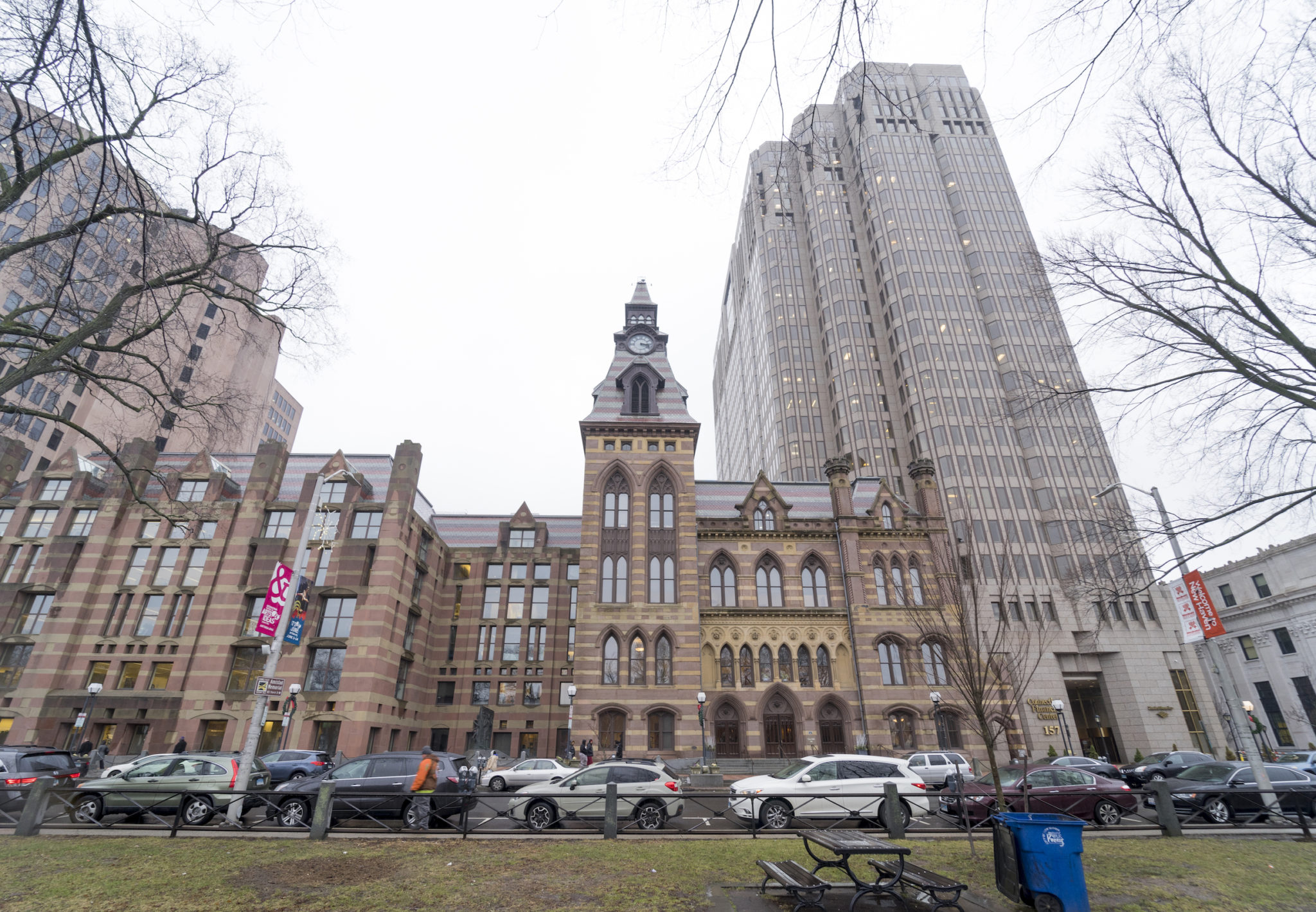
Nat Kerman
New Haven’s five-member Board of Health Commissioners approved Maritza Bond to head the city’s health department last week.
Bond, who grew up in Fair Haven, has served as the city of Bridgeport’s health director for the last three years. Prior to that, she served as the executive director of the Eastern Connecticut Area Health Education Center, an organization that recruits health professionals to work in underserved communities in the state.
“I’m ecstatic that she has agreed to take this position,” read a statement from mayoral spokesperson Gage Frank. “Her expertise and background will be very helpful in guiding the city’s public health response to everything from substance use disorders to the child lead paint poisoning.”
When Bond takes office, she will replace interim health director Roslyn Hamilton, who has managed the department for the last six months. Hamilton replaced former health director Byron Kennedy, who resigned in April after taking a job with the Connecticut Department of Corrections.
The city’s health department faced heavy criticism in the latter half of 2019, after department officials — including former Director Kennedy — admitted in court that the city had relaxed its standards for lead inspection and abatement. In November 2018, the department, behind closed doors, brought the blood lead level that triggers a home inspection to a number four times higher than it was in years prior. A judge has since ruled that the city broke its own law by doing so. Mayor Justin Elicker, who took office on Jan. 1, repeatedly criticized the Harp administration’s lead policy during his mayoral campaign.
Bond said in a Monday phone call that her first priority upon taking office will be to address lead in New Haven, an issue she said she has been following closely. She added that she plans on evaluating policy and operating procedures for lead inspection and abatement while working closely with the city’s lead paint advisory committee.
She declined to give specific lead policy recommendations and said she did not want to “make presumptions before understanding the full scope” of the issue within the department and gaining access to certain documents. However, she said that the lead paint advisory committee — which has faced criticism for its lack of inclusion of community members — should be “representative of the community” and added that she hoped in particular to involve faith-based organizations in the group. She emphasized that she planned on meeting with current members of the panel as well.
Bond said that her second priority would be to address the opioid crisis, using an opioid detection mapping system to look at spikes in usage of the drugs, and working together with substance and behavioral health specialists. The opioid mapping system will launch in Connecticut’s five largest cities — including New Haven — which have received grants for the program.
Heather Reynolds, a member of the health commission and an associate professor at the Yale School of Nursing, said that the commission was looking for a candidate who could “handle the stressors” of the department, particularly with regards to the ongoing class-action lead poisoning lawsuit. She said that Bond not only “[knew] the city, but recognized the needs of the various neighborhoods and communities.”
Bond said that she was initially inspired to go into public health by watching how social determinants of health affected the lives of those around her when she was growing up in Fair Haven in the 1990s. She has a master’s in public health from the University of Connecticut, a nonprofit management certificate from Albertus Magnus and a bachelor’s degree in public health from Southern Connecticut State University, according to her public LinkedIn profile.
“I didn’t want to pass up the chance to come into the city that drew this passion,” she said.
Talia Soglin | talia.soglin@yale.edu
Interested in getting more news about New Haven? Join our newsletter!







